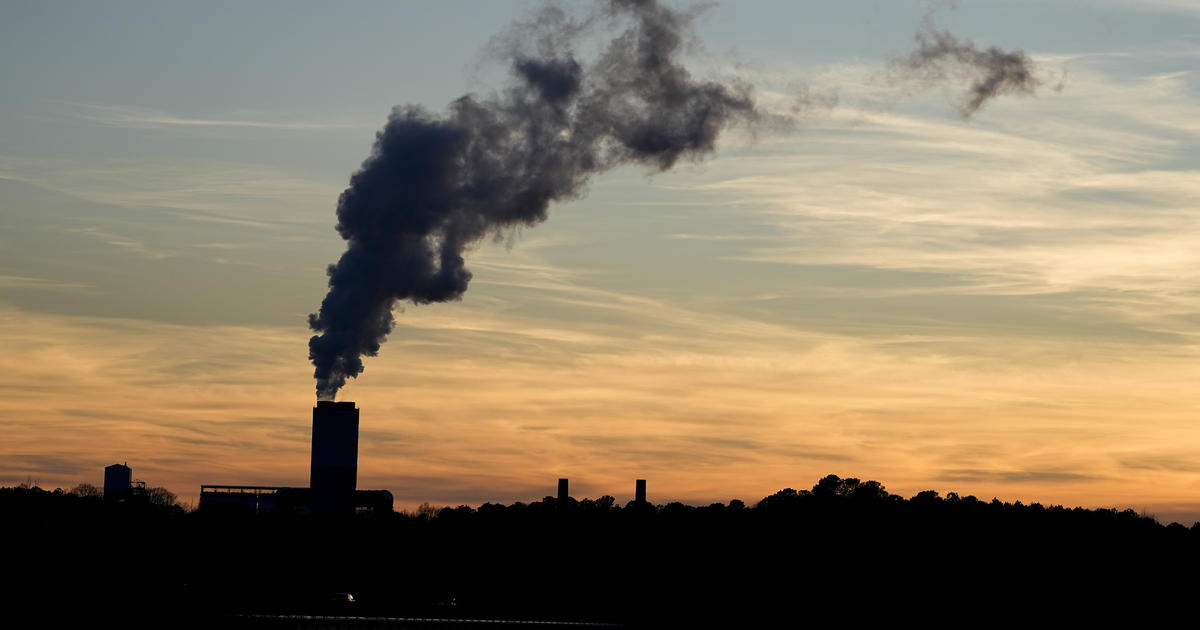
EPA issues toughest rule yet on power plant emissions, but it's likely to face court challenges
CBSN
Washington — Coal-fired power plants would be forced to capture smokestack emissions or shut down under a rule issued Thursday by the Environmental Protection Agency.
New limits on greenhouse gas emissions from fossil fuel-fired electric plants are the Biden administration's most ambitious effort yet to roll back planet-warming pollution from the power sector, the nation's second-largest contributor to climate change. The rules are a key part of President Biden's pledge to eliminate carbon pollution from the electricity sector by 2035 and economy-wide by 2050.
The rule was among four separate measures targeting coal and natural gas plants that the EPA said would provide "regular certainty" to the power industry and encourage it to make investments to transition "to a clean energy economy." They also include requirements to reduce toxic wastewater pollutants from coal-fired plants and to safely manage so-called coal ash in unlined storage ponds.
